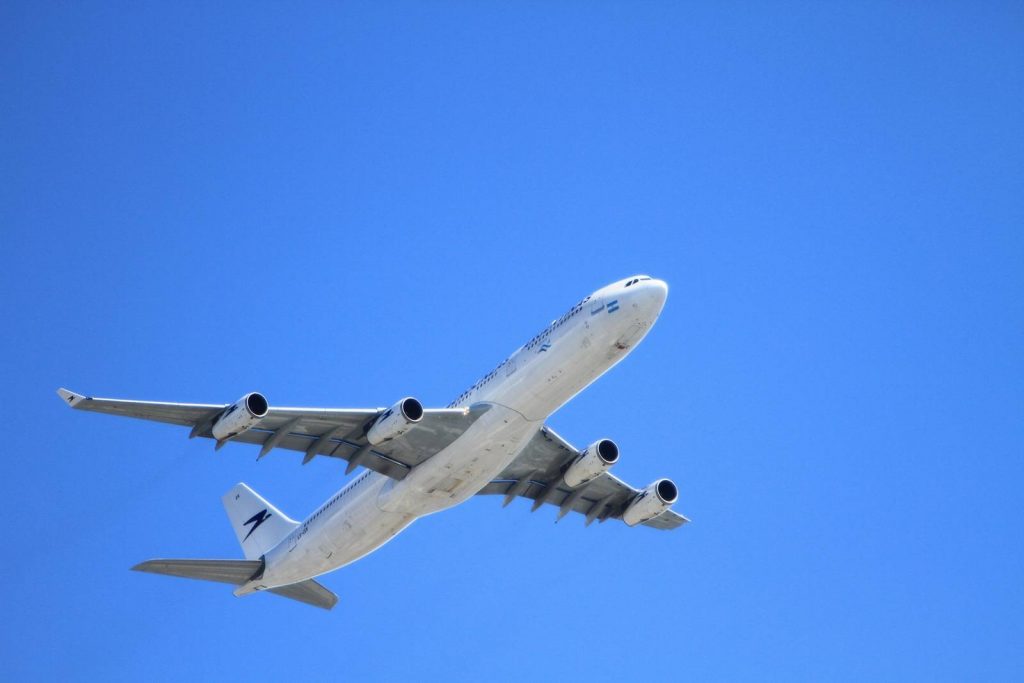Information
Flying after Scuba Diving in Phuket
Flying after Scuba Diving when is it safe to Fly ?
The main concerns of flying and heading to altitude too soon after diving are the same as those when you Dive and ascend to quickly to the surface or maybe forget to do a safety stop.The same scientific principles apply to going to altitude in a plane that takes you to an area of lower outside pressure For Divers any residual nitrogen that’s still dissolved in your blood after scuba diving.. Bubbles could can form as the gas is dissolved if the pressure reduction is not slow enough to let your body off-gas safely.
Staying at ground level after scuba diving before going to altitude is like doing a extended decompression stop. Deeper and longer dives will leave you with more saturated residual nitrogen, thus divers then will require a longer pre-flight surface interval. The time you should wait relates directly to the pattern of diving completed and how many dives you have done. Diving computers calculate your profile and after exiting the water will give you a no fly time v Flying after Scuba Diving when is it safe to Fly value that you should stick to. If your not wearing dive computers then there’s some basic rules..
How long do I have to wait after Scuba Diving?
Its recommend as general practice of allowing a surface interval of 12 – 24 hours or more before flying after scuba diving in Phuket. This should bring reasonable peace of mind and help to provide a buffer for unexpected problems, like a loss of cabin pressurization during flight, however I would be more worried about the plane landing safe.
Just as we are taught as recreational divers not to push the limits of the dive tables and Dive computers in terms of depth and bottom times, it is a wise diver choice not to push flying after diving. Making your final dives more conservative and leaving an ample buffer between your last dive and your flight home is part of smart dive planning, a goal for all in the community.Its really better to be safe than sorry,
- Repetitive dives of multiple days of diving- 18 hours
- Decompression dives that are either planned or unplanned – greater than 18 hours
This brings us back to the 24 hour recommendation. Planning conservatively is a good way to stay out of trouble. Given the variety of decompression algorithms now available for divers – some conservative but many fairly liberal – a healthy buffer represents inexpensive insurance.
If you or a dive Buddy have experienced DCS symptoms, you should be medically evaluated, if possible before flying.

Can I Scuba Dive immediately after flying?
Most Divers know that scuba diving after flying does not create a decompression problem with no set guidelines for when to make your first dive. Its worth noting that theres some factors that can attribute a higher increased risk of DCS .
Air travel can leave divers fatigued, hydrated improperly nourished, and lets not forget airports can leave anyone feeling generally stressed, and disorganized. Long-distance travel again can compound problem, so the longer the time travelling may be a factor to consider when booking your first dive after a flight and allow a longer recovery time before starting to dive.
Generally speaking fatigue and disorganization can affect divers awareness and performance with a disregard for safety — if you are tired or not quite awake and switched on you might not respond well to strenuous dives or be able to react to emergencies.
If diving with a buddy you both need to honest with each other and objectively assess your buddies condition. It is not worth compromising your safety which could ruin more than your whole trip, because you or someone else is in a hurry to make the first dive…

